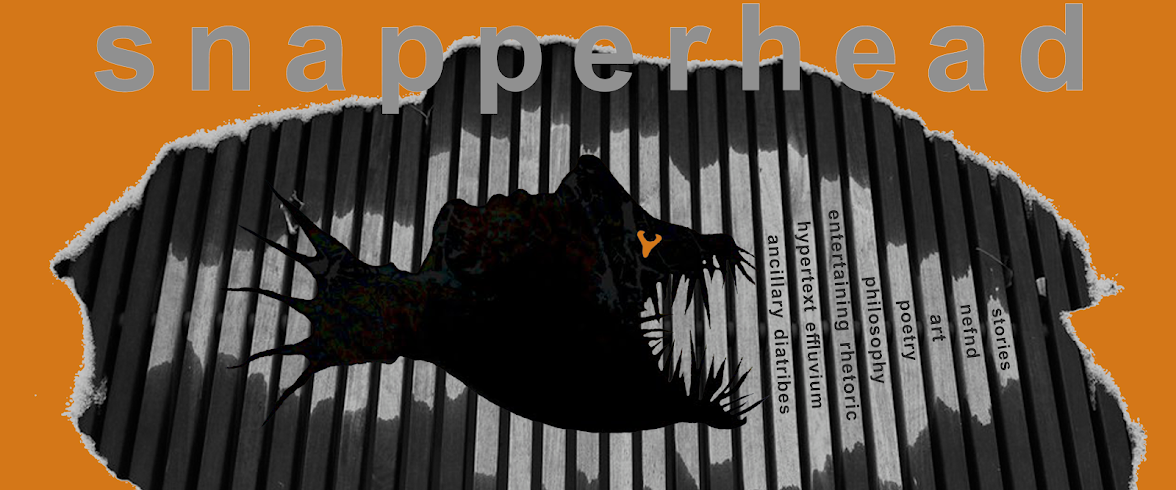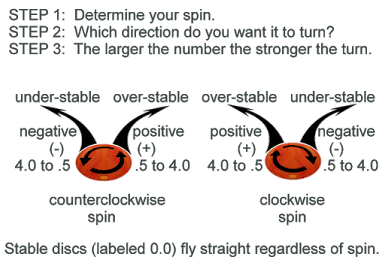However, when I am engrossed in a book, my brain trips and stumbles every time it crosses a British term. It's not like I can't decipher the meanings. I know if the character is 'going on holiday' she is taking a vacation; that his 'trainers' are running shoes; and that if he is 'going to the loo (or WC)', he's going to the toilet (or restroom). But every time I read the British words, my brain stumbles and it slows down. Then, I recognize I'm reading. Effectively, I exit the story for a brief moment and become aware of the page, the paragraph, the sentence, and my eye moving over words. It may be only a second, sometimes less, but it's enough to ruin a pleasant read if it happens three times a page.
I asked a few people about this and learned not everyone has this problem. I suspect one reason is reading speed. I don't read graphic novels or poetry fast and, therefore, don't stumble on "translations". But, if I become absorbed in a story, I am unaware of my surroundings and lose track of the passage of time (until our hero takes a torch out of her pocket and shines it down into the empty lift-shaft, illuminating a clutch of elves glaring into the light).
Are any British writers re-edited for US Markets (you ask, scathingly)? Yes. The Harry Potter books. They went too far when they changed the title of the first book (from Philosopher's Stone, to Sorcerer's Stone) but that's on the author for allowing it.
The following example (of a jarring British text) is excerpted from pages 133-134 of Steven Hall's novel The Raw Shark Texts (my proposed US-version immediately follows):
I found him by following the flex. The flex from the standing lamp connected to an orange extension lead which connected to a white extension lead which connected to another orange extension lead...On a slightly different, but similar, note. If a story has been transliterated from another roman (or latin)-based language (e.g. Spanish, German) why are proper nouns not translated? Each time this happens, the same 'hiccup' occurs: I'm jarred out of the story (because I'm being reminded, "Hey, this is a translation. This is not the language of the author.") For obvious reasons, this is never an issue with semantic/phonetic transcriptions of cyrillic or other non-roman-based alphabets.
I found him by following the electric cord. The cord from the floor lamp connected to an orange extension cord which connected to a white extension cord which connected to another orange extension cord...









































No comments:
Post a Comment